Our Story
Training for Change is a training and capacity building organization for activists and organizers. We believe strong training and group facilitation is vital to movement building for social justice and radical change.
Since 1992, we’ve supported groups taking direct action, building strong teams and organizations, and working at the grassroots. We train thousands of people each year in North America, and also internationally, across issues and sectors – from campaign strategy retreats for anti-gentrification community groups, facilitation training for union leaders, to de-escalation skills for immigrant rights groups resisting deportation.
We’re dedicated to transformation – beyond training new skills and tools, we support folks to wage conflict, challenge self-limiting beliefs, practice emotional intelligence, and expand what’s possible for them and their groups. We believe training is most effective when it builds on the wisdom of people’s lived experience. Our participant-centered practice follows emerging group dynamics in a workshop, adapts to local cultures and theories of change, and is oriented toward action – we call it Direct Education.
We’re adept at cross-cultural work and bring an awareness of power, identity, and conflict to every workshop we do. As an organization, we’re committed to supporting historically marginalized communities in the U.S. and across the world, including Indigenous, Black, and other people of color, working class and poor communities, and women, femme, trans, and gender-nonconforming folks. We’re also working to increase language access to trainings and tools, especially for Spanish speakers.
Our Direct Education Approach
At the heart of Training for Change is a shared practice of training and group learning, which has evolved from over 25 years of work with activists, organizers, and change-makers.
Just as direct action directly confronts systems of injustice, our approach challenges traditional education, confronting the beliefs, conflicts, and oppression that keep leaders and groups from being their most powerful – that’s why we call it Direct Education.
Direct education is about liberation and empowerment. Unlike traditional education, which gives all the expertise to textbooks and teachers, Direct Education invites the wisdom of people’s own experience. The practice comes out of popular education traditions – like those popularized by Brazilian educator Paulo Freire – and adds to it. We’ve learned lessons from dozens of teaching modalities and approaches, making the most useful elements accessible in our training of trainer workshops.
The approach is group-centered. Our trainers build upon group dynamics in the training room and people’s own experience to introduce new content and help the group access their own wisdom. This deepens learning in the training and also cultivates resources for people to access long after the training is over.
Here are some elements of our Direct Education approach as we see it:
Emergent design: In our approach, facilitators are skilled at adapting the agenda in the middle of a workshop to follow the needs of a group and better meet learning goals. Our trainers often use “diagnostic” tools in the beginning of workshops to assess group needs and make agenda changes. This way, they’re open to what issues, challenges, and growth edges are present. Emergent design isn’t about letting the group do whatever it wants – it’s the ability to identify teachable and transformative moments where new content can be most effectively learned.
Difference & diversity: Not just theory, but a theme running through the workshop: We believe that an anti-oppression commitment shows up at every level of facilitation (agenda design, exercises used, training content, etc). Therefore, we pay constant attention to the dynamics of a group’s mainstream and margin, and stay ready to support the group to go deeper.
Teachable moments on diversity often arise from unwitting expressions of stereotypes or other oppressive behaviors. Because we are open to the group and use emergent design, we’re able to make the most of these moments and are willing to work through conflict as it arises.
Workshop as laboratory: We ground much of our design in a four-step model of experiential education: experience, reflect, generalize, apply. Without incorporating application in the workshop, new information or actions are difficult to internalize, and there is little difference back home. One way we design for this challenge is to create the workshop as a lab in which participants try new behaviors in the training room, practice new skills, and plan for applying lessons at home.
Different learning styles: Traditional education stresses reading, writing, and lectures as the major modes of learning. We recognize people learn in all sorts of different ways: visual, auditory, through the body (kinesthetic), through heart connection, and more. We design for a diversity of learning styles — for example using Adventure Based Learning exercises and other kinesthetic tools, instead of relying only on auditory and visual learning channels.
Learning as risk taking: TFC trainers operate on the principle that deep learning is change, and change requires risk; the facilitator’s job is to not only invite risk, but make the workshop safer for risk-taking. This has agenda design and facilitation implications (such as intentional “container-building”), but also means the facilitators themselves must take risks, including the risk of transparency to the participants.
There are many more characteristics of TFC’s unique Direct Education approach, especially when applied in specific contexts such as cross-cultural workshops, direct action and strategy trainings, and transformational and high conflict workshops, but this gives a taste of our work. The best way to get a sense of our approach is to experience it yourself in a training!
Meet Our People!
Core Trainers
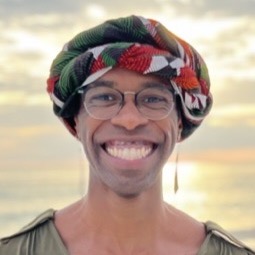
Matthew Armstead
Matthew Armstead works at the intersections of art, spirituality, and social change and lives in Philadelphia, PA, USA. They have recently trained Black Lives Matter activists, B Lab executives, Amnesty International USA staff, Canadian Labor Council organizers, Unitarian Universalist ministers, United Nations advocates from the Sexual Rights Initiative, among other grassroots and grasstops groups.
Matthew has organized for environmental justice, racial justice, LGBTQ liberation, and accountability among masculine-identified people. Matthew training style weaves in their theatre practice to create opportunities for people to lean into play and embody the futures they strive to create. They serve as a Core Trainer with Training for Change.
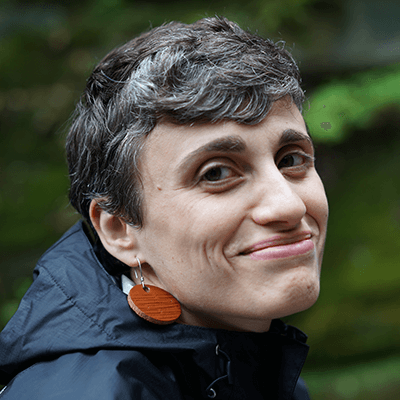
Katey Lauer
Katey Lauer is an organizer, facilitator and trainer in Central Appalachia, with a deep love of place. She has worked with grassroots groups in and outside of the mountains for ten years, as lead organizer in student/worker campaigns to take on Sodexo, as Coordinator of The Alliance for Appalachia, as Coordinator of Appalachia Rising and The March on Blair Mountain, and as organizer with Advocates for a Safe Water System. She has provided mentorship to young people throughout the country including members of the Highlander Center’s Appalachian Fellowship and students with the national Divestment Student Network. She is currently the Director of The West Virginia Trainers Project, as well as a part-time Administrator with The West Virginia Mine Wars Museum, and an Honorary Member of UMWA Local 1440.
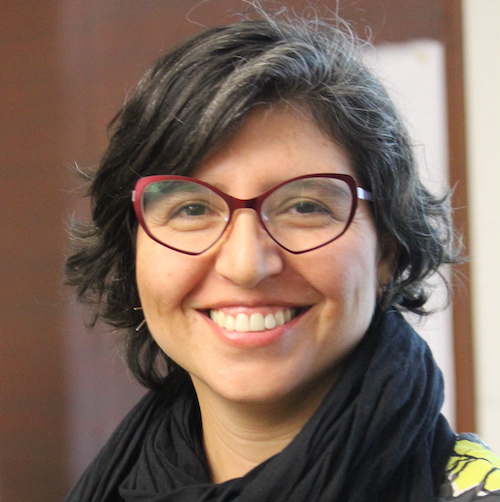
Andrea Parra
Andrea Parra is a queer Colombian human rights lawyer, activist, professor, trainer and translator, who has worked for almost 20 years on issues related to sexuality and rights, gender-based violence, disability justice and immigrant rights. She has conducted numerous trainings to activists, public officials, attorneys, survivors, students and academics, among others. She has trained in several countries and various cities in Colombia and the US. She’s been a core trainer with TFC since 2014 and has worked with feminist and human rights organizations in Colombia and South Asia. She has also translated several texts related to feminism and social justice issues. @andreparrafo
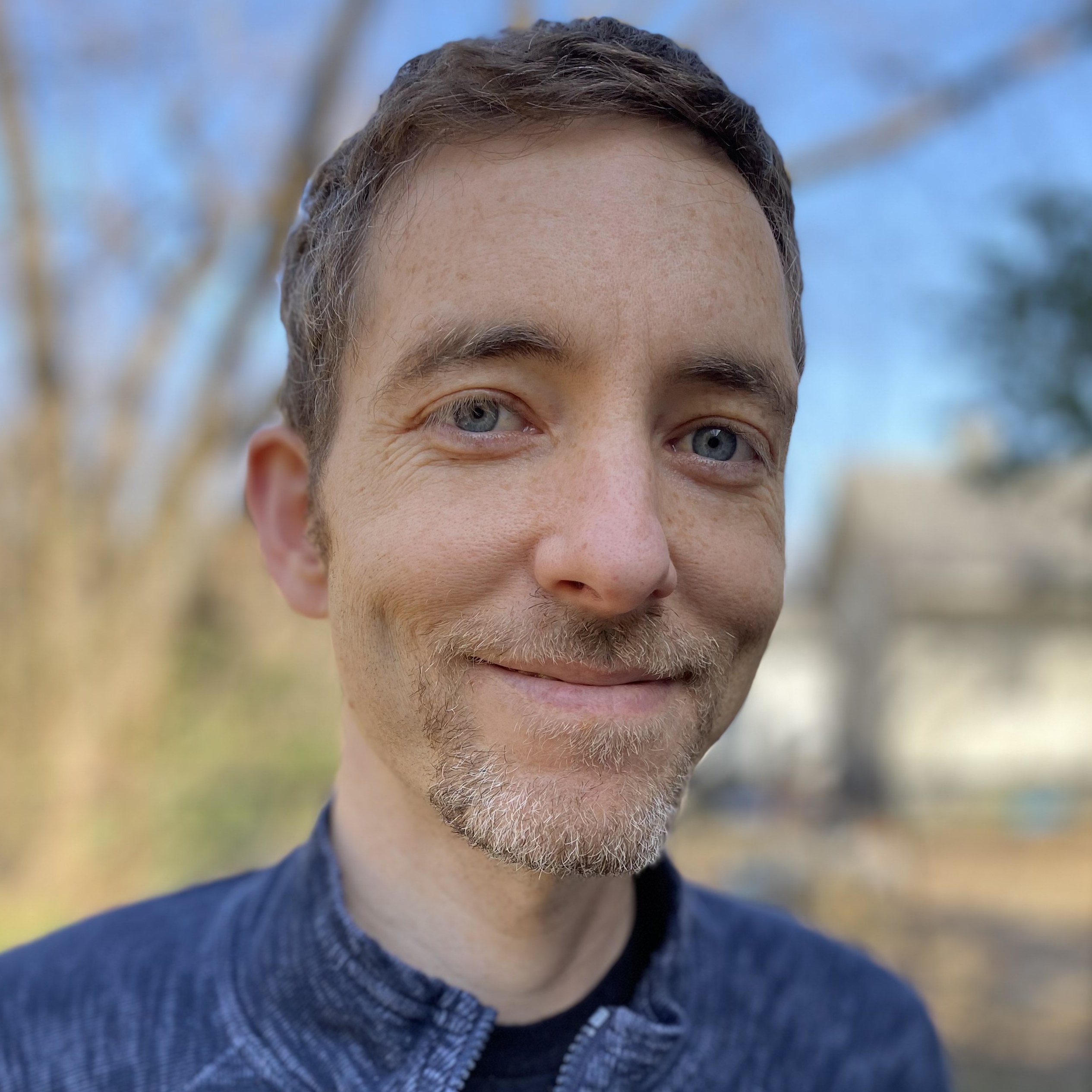
Andrew Willis Garcés
Andrew Willis Garcés works with groups that want to transform their practices to become more powerful and to develop an organizational culture of learning.
Originally from Memphis and now based in North Carolina after years in Texas and the District of Columbia, he especially enjoys working with Southern organizations, and with roots in Colombia, has worked with Spanish-speaking immigrant groups around the country, in addition to organizations in Colombia, Ecuador and Mexico.
For organizing groups, he’s helped develop basebuilding practices that lead to greater participation by grassroots members, and outside-the-box campaigns that use creative direct action to expand what’s possible. Here are some articles about campaigns he has helped healthcare workers, undocumented immigrants and taxi drivers to win. He’s also worked on successful campaigns with janitors’ unions, public housing tenant associations and immigrant voters, and two short campaigns to impact US foreign policy towards Colombia, Obama Remember Us and No More Broken Hearts. He also helped plan a campaign that resulted in a new income tax increase on the top 2% of taxpayers in the District of Columbia to pay for safety net services. He has also taught undergraduate courses for Georgetown University’s Program on Justice and Peace.
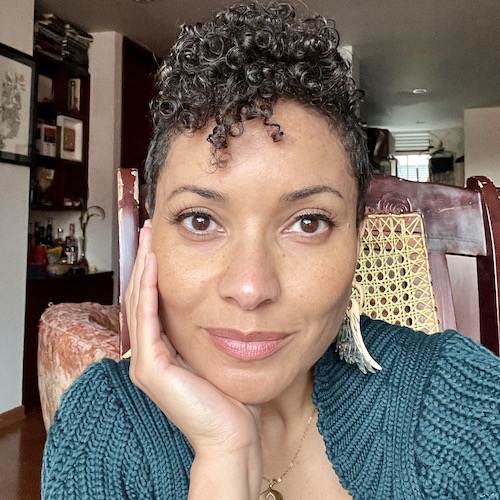
Naomi Long
Naomi (she/her) has been working alongside, inside, and up against the non-profit movement ecosystem for 25 years. She approaches her work as play, art, spiritual calling, and business. She is a mix of intuition and practical application with a special gift for building trust and pushing the envelope. Currently she is the Special Projects Manager for Rockwood Leadership Institute, a Core and Online Trainer at Training for Change, and an independent consultant specializing in management and leadership coaching.
Naomi started facilitating groups in 2002 as a community organizer in Racine, WI; she continued being a trainer while working on prison abolition and ending the War on Drugs at The Drug Policy Alliance. She’s most proud of her work moving organizing collectives toward sharper strategy, providing expert power mapping analysis to national networks, and mediating conflict inside organizations. Her two decades of training work spans several different types of support from helping active and recovering drug users do legislative advocacy to training political candidates at Wellstone Action to building Black Power collectives across the country.
She started coaching individuals in 2009 and has a deep commitment to the full range of experience— from those who are burned out and fed up, to those who see no problem too big. She built a program to sustain nonprofit staff while serving as a Partner at The Management Center and she is also known to get excited about helping people leave their jobs for healthier choices.
Naomi began learning curriculum design centered around Experiential Education in 2008 with Training for Change and is a highly sought after thought partner for training and design architecture.
As a chronic Drapetomaniac since childhood, she is also a lover of mind-bending dystopian science fiction, solo travel adventures, and caring for plant life. After surviving an incident of gun violence in 2021 she is following the breadcrumbs toward her wholeness, not just survival.
Her practices around facilitation, coaching, and design can be summed up by a simple philosophy: She believes each moment is a sacred opportunity for healing and deserving of her best.
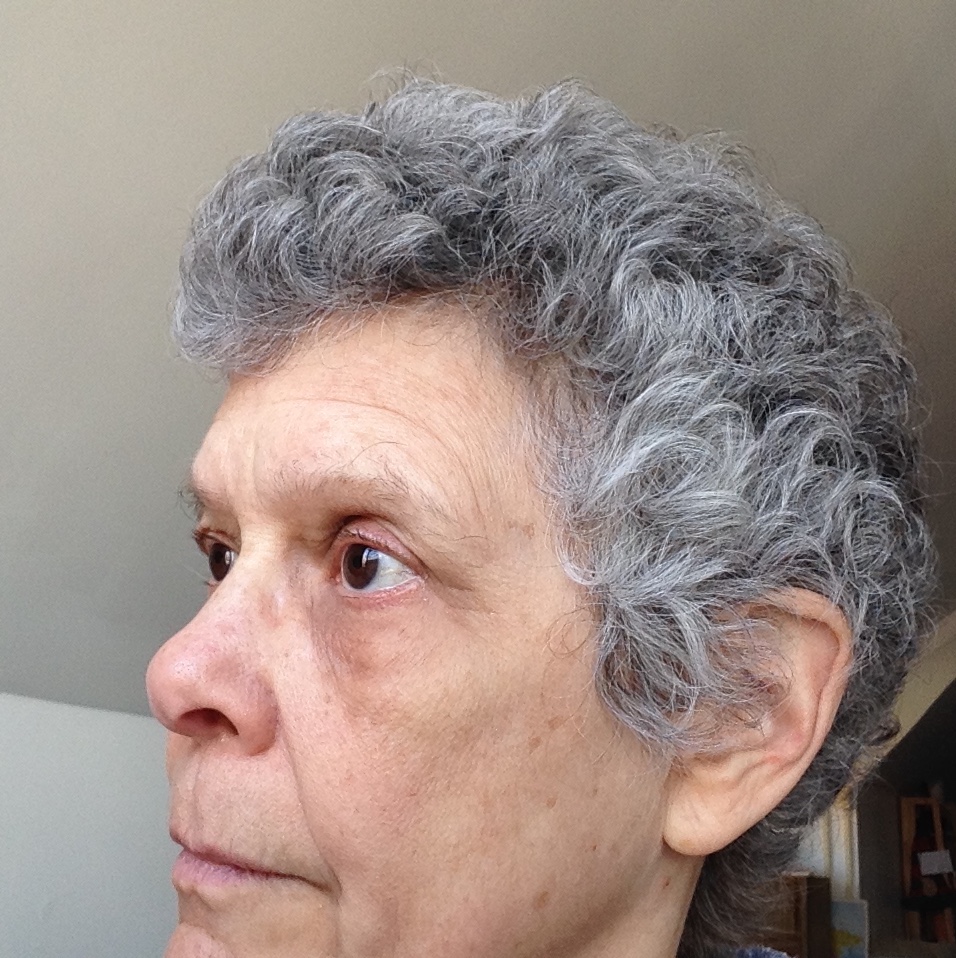
Erika Thorne
Erika Thorne has been a progressive activist, writer, facilitator and cultural worker since 1974. She focuses on cross-race coalition-building, anti-racism work with other whites, and diversity work. Erika has worked with environmental and media justice groups, undocumented immigrants, Hmong organizations, domestic violence activists, housing projects residents, the national education department of a large US union, and a full range of non-profits, organizers and rabble-rousers. In 2012, she collaborated with local training organizations to co-facilitate four workshops for 98 Burmese nonviolent activists in northern Thailand. She trains multi-racial groups of trainers in the UK through Campaign Bootcamp, and in northern Europe with Vredesactie. Erika is on the core organizing team of SURJ-MN (a white co-conspirator group.) She also loves to facilitate training of trainers, hate-crimes response, conflict waging, ethical grassroots fundraising, and meetings – especially real sticky ones! Erika was the Managing Director of MN Friends for a Nonviolent World for nearly three years, and coordinated the Alternatives to Violence Project-MN, offering intensive workshops in prisons and jails, for five years. As a former dancer for social change, she brings joyful physicality to her facilitation.
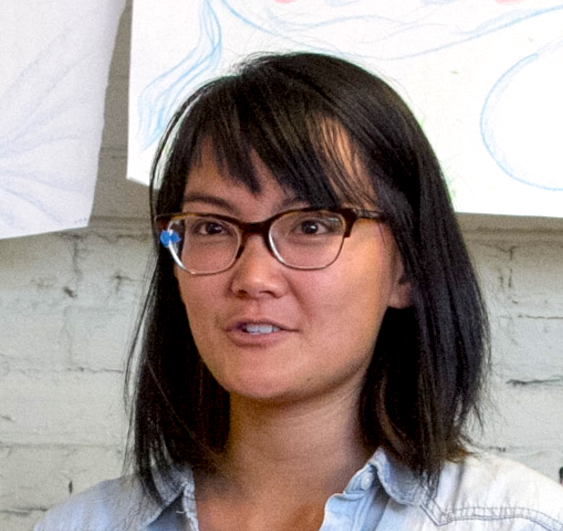
Kim Huynh
Kim Huynh is an organizer, facilitator, and community weaver based in Philly. Over the last decade, Kim has strategized, struggled, and been sharpened alongside immigrant black and brown women to win the best municipal Domestic Workers Bill of Rights in the country; multiracial faith groups for living wage jobs and energy democracy in Philly; community organizations fighting against environmental racism and gentrification in Houston’s Black, Latinx, and Southeast Asian working class neighborhoods; and creative direct action and mass mobilization projects across the country.
A 2014 recipient of the Judith C. Jones Fellowship for Trainers of Color with Training for Change, Kim brings her rebel heart and an unwavering belief that transformation is possible and constant to her liberation work. As the first-born daughter of first-generation Vietnamese refugee immigrants, she bridges continents, cultures, languages, issues, and identities and carries that literal and metaphorical translation into her work with groups waging grassroots campaigns, building leadership, navigating conflict, and trying on new shapes to increase their power through facilitation and curriculum building.

Nikki Marín Baena
Nikki Marín Baena loves North Carolina. She loves it so much, in fact, that she willingly moved back in 2015 after a few years in Texas with a tiny, fledgling dream to build a home for statewide Latinx basebuilding that would blend Southern relational organizing with the rigorous labor and worker center organizing she’d seen in her time away. That thing, Siembra NC, now exists and she is co-director there.
She believes in alternative economics and has trained dozens of groups on starting their own cooperatively-owned businesses, marketing, and bookkeeping and financial systems. She proudly helped build Mijente’s financial and operations infrastructure and has since trained other c3/c4/PACs on systems and processes.
She has a degree in Studio Art from the University of North Carolina-Chapel Hill, which has come in very handy for banner-making and direct actions. You could say she knows her way around chicken wire.
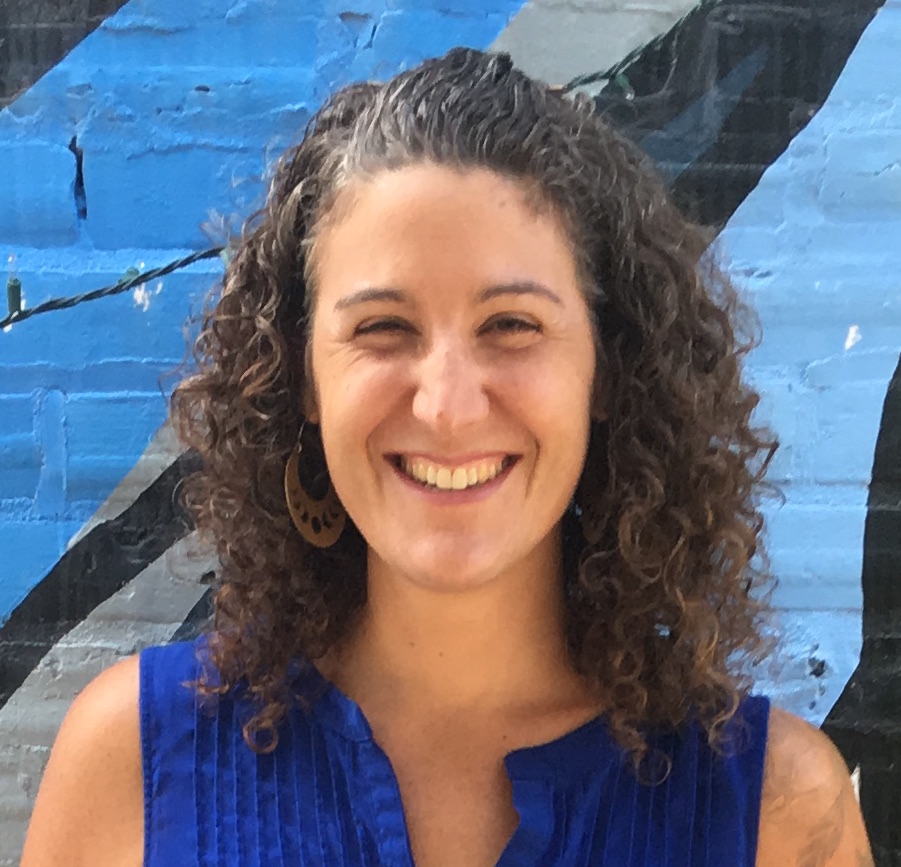
Celia Kutz
Celia Kutz has been training and facilitating in the movement for social change for 15+ years. Her primary home during this time has been Training for Change, as Core Trainer and Co-Director. Her background in organizing and training is diverse. For eight years she lived in Minnesota, working with neighborhood folks fighting for self-determination and as the coordinator of a national network of street medics and wellness healers to support mass protest during the 2008 RNC. Nationally, she has led direct action trainings to stop the Keystone XL Pipeline, convened Jews working to end the occupation of Palestine prior to the 2010 US Social Form, and supported leaders from a wide range of groups including Momentum, the Wildfire Project, Sierra Club, Service Employees International Union, West Virginia Can’t Wait, and Siembra NC.
Celia works 1-1 with activists in their context and supports whole organizations to move through a process. Her approach blends her study of somatics, strategy, spirituality and nature alongside an early interest in dissonance and tension in groups. This led her to quickly dive into the study and practice of World Work, a project held by Process Work Psychology, in which conflict is facilitated in groups of 100+ from across the world. Celia is a trained mediator and restorative justice practitioner, loves training trainers and facilitating hot spots in group conflict.
Publications
Facilitating Conflict and Leading from the Feminine
Healing Justice Podcast, Nov 2017
Healing Justice Podcast, Reflection Part 2, the Power of Practice, August 2018
Tips for White Trainers Leading Multiracial Groups
Training for Change Article, September 2015
How Black Lives Matter came back stronger after white supremacist attacks

Zein Nakhoda
Executive Director & Core Trainer
Zein is a trainer, media maker, and organizer based in Philadelphia. He’s organized for environmental justice through fossil fuel divestment campaigns and as a co-founder of Philly Thrive, a community organization fighting environmental racism and fossil fuel expansion. He’s made community and movement media with Scribe Video Center, Media Mobilizing Project, and independently. His latest film, Grounded While Walls Fall explores practices and rituals of resilience among organizers in Greater Philadelphia. He’s also a compa member of LeftRoots.
Zein has been in relationship with Training for Change since 2009 and joined staff in 2017; he's now Director and a Core Trainer.
Online Training Team
Ada Volkmer
Andrea Parra
Andrew Aguacía
Bhavana Nancherla
Cleopatra Jach
Erika Thorne
Jeanne Rewa
Jenny Muñoz
Kim Huynh
María José Montoya
Matt Guynn
Matthew Armstead
Naomi Long
Nicole Ektnitphong
Nikki Marín Baena
Shreya Shah
Ada Volkmer
Andrea Parra
Andrew Aguacía
Bhavana Nancherla
Cleopatra Jach
Erika Thorne
Jeanne Rewa
Jenny Muñoz
Kim Huynh
María José Montoya
Matt Guynn
Matthew Armstead
Naomi Long
Nicole Ektnitphong
Nikki Marín Baena
Shreya Shah
Staff

Zein Nakhoda
Executive Director & Core Trainer
Zein is a trainer, media maker, and organizer based in Philadelphia. He’s organized for environmental justice through fossil fuel divestment campaigns and as a co-founder of Philly Thrive, a community organization fighting environmental racism and fossil fuel expansion. He’s made community and movement media with Scribe Video Center, Media Mobilizing Project, and independently. His latest film, Grounded While Walls Fall explores practices and rituals of resilience among organizers in Greater Philadelphia. He’s also a compa member of LeftRoots.
Zein has been in relationship with Training for Change since 2009 and joined staff in 2017; he's now Director and a Core Trainer.
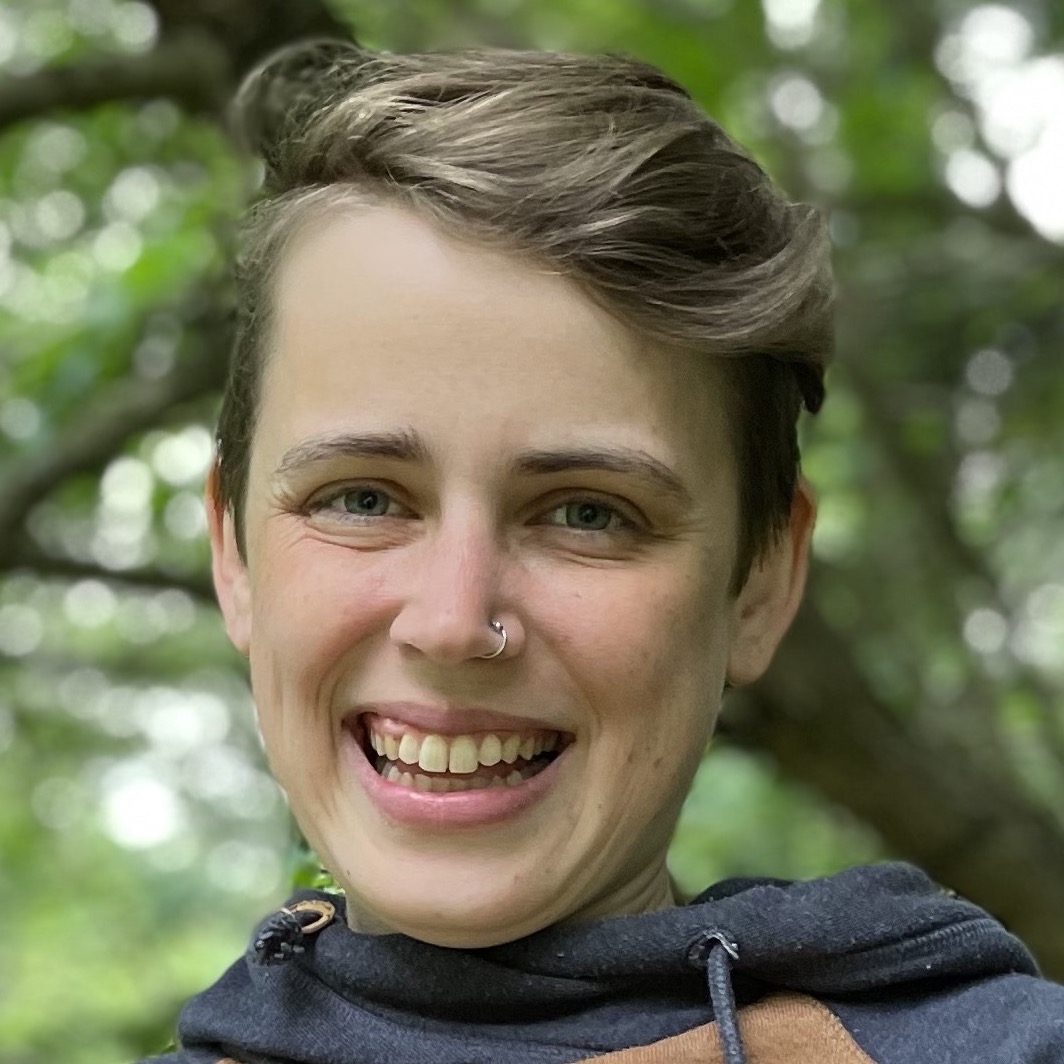
Ali Roseberry-Polier
Operations and Development Director
Ali’s background is in community organizing and activist storytelling, connecting present-day movements to legacies of resistance. Ali was first politicized through the fossil fuel divestment movement and queer community education as a student. In more recent years, Ali’s work has included archival and oral history research with activist elders, most recently with Black Liberation 1969 and the Philadelphia AIDS Oral History Project. Ali’s writing on organizing and social movement history has appeared in Waging Nonviolence, Hidden City Philadelphia, and other sources. Ali first attended a Training for Change workshop in 2011, and joined staff in 2017.

Kim Huynh
Organizing Skills Training Coordinator, Core Trainer
Kim Huynh is an organizer, facilitator, and community weaver based in Philly. Over the last decade, Kim has strategized, struggled, and been sharpened alongside immigrant black and brown women to win the best municipal Domestic Workers Bill of Rights in the country; multiracial faith groups for living wage jobs and energy democracy in Philly; community organizations fighting against environmental racism and gentrification in Houston’s Black, Latinx, and Southeast Asian working class neighborhoods; and creative direct action and mass mobilization projects across the country.
A 2014 recipient of the Judith C. Jones Fellowship for Trainers of Color with Training for Change, Kim brings her rebel heart and an unwavering belief that transformation is possible and constant to her liberation work. As the first-born daughter of first-generation Vietnamese refugee immigrants, she bridges continents, cultures, languages, issues, and identities and carries that literal and metaphorical translation into her work with groups waging grassroots campaigns, building leadership, navigating conflict, and trying on new shapes to increase their power through facilitation and curriculum building.
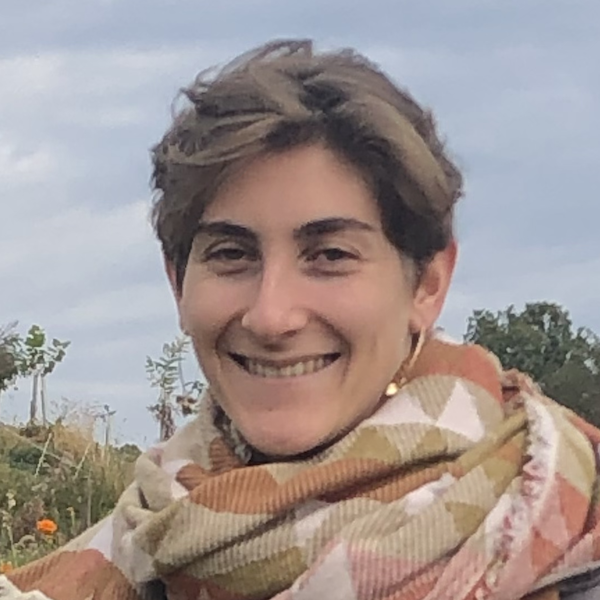
Naomi Roswell
Operations Assistant
Naomi is a playful rabble-rouser, organizer, and facilitator. She is deeply influenced by Agusto Boal’s Theater of the Oppressed – an embodied toolset for understanding and changing power dynamics – and she has a keen interest in effective shared decision-making structures. Naomi co-founded the 10-person cross-class and multi-racial housing cooperative where she lives in Somerville, MA, and she delights in dreaming up and practicing just ways to share our resources.
Naomi first encountered Training for Change in 2019 as a trainer with the Sunrise Movement, and she recently held the operations and development role at Fairplay, an organization dedicated to ending manipulative marketing towards children.
Board Members
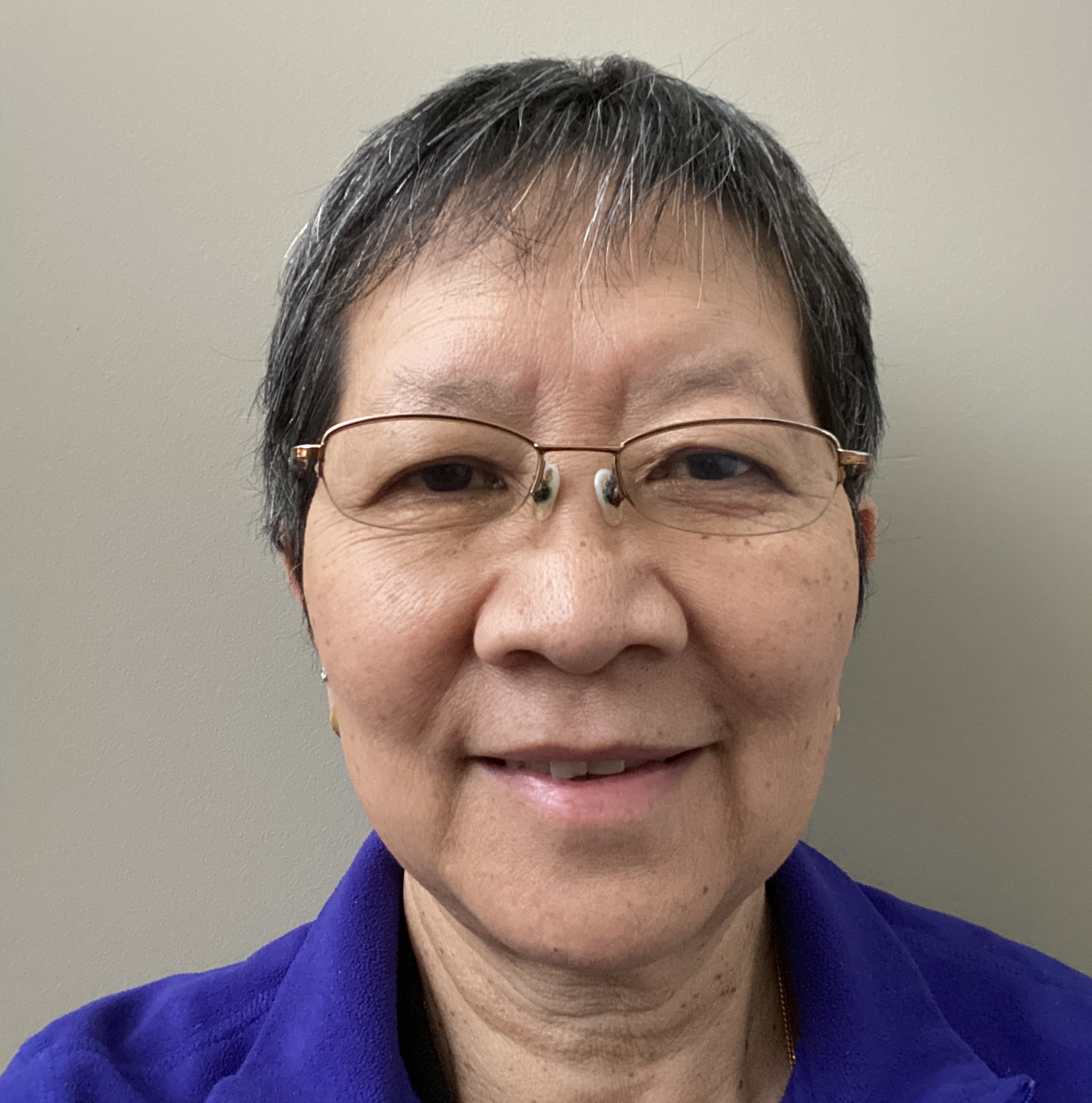
Allison Chin
Allison Chin (she/her, they/them) is originally from New York City, grew up in Southern California and has lived in Leesburg, VA for the past 11 years. They are a retired biologist and, since 2008, have been immersed in non-profit governance, and organizational and leadership development. Allison is particularly excited about working with organizers, activists and change makers to facilitate the deep individual and group work that is transformational and long-lasting. They are nourished by being outdoors, gardening, and carving wooden spoons.
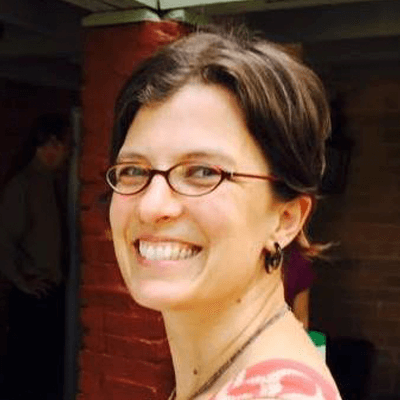
Sonia Silbert
Sonia Silbert (she/her) is the Trainings Director for 350Vermont and supports local nonprofits with facilitation and consulting. Originally from New York City, she lived in Washington, DC for ten years where she served as Executive Director of the Washington Peace Center, providing education, resources, and action for activists in DC working for social justice and a world free from oppression. She has personally led trainings for groups up to 400 on Nonviolent Direct Action, Grassroots Fundraising, and more. She now lives in Brattleboro, VT, where she supports local racial justice organizing, plays in the woods, and tries to keep up with a very energetic puppy and a very large garden.
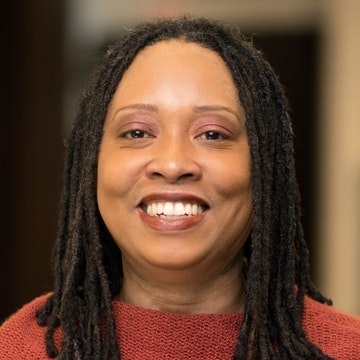
Alethia Jones
Alethia Jones is a strategist, writer, and learning experience designer dedicated to transformative grassroots social change. She is the former director of the Open Society Fellowship Program which supports global human rights fellows at early, mid and senior levels of their careers. Prior to joining Open Society, Jones directed education and leadership development for 1199SEIU United Healthcare Workers East, the largest health care union local in the United States. She led a team that customized learning experiences to deepen the movement building capacity of the union’s 400,000 members, staff, and executive officers. Her expertise includes immigrant incorporation policy, community banking, urban and racial politics, structural inequality in U.S. health care, and worker rights. Jones began her career managing policy initiatives at the New York City Council. She is the co-editor of the award winning book on black feminist organizing, A’int Gonna Let Nobody Turn Me Around: Forty Years of Movement Building with Barbara Smith. She has held faculty positions and fellowships at MIT, Mount Holyoke College, University of Virginia and Yale University. She serves on the boards of Advancing Black Strategists Initiative (Jobs with Justice), Leadership for Democracy and Social Justice (City University of New York), the School of Labor and Urban Studies Foundation and Training for Change. She earned her PhD in political science (Yale University). She is originally from Kingston, Jamaica. Dance, yoga, travel and meditation retreats are sources of joy. Find her at alethiajonesphd.com and @alethiajonesphd.
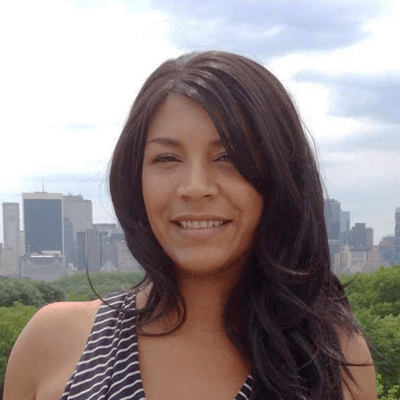
Janée Woods
Janée is the Director of Organizational Culture for the William Caspar Graustein Memorial Foundation, whose mission is to achieve equity in education by working with those affected and inspiring all to end racism and poverty. She also has several years of experience as a facilitator and trainer of grassroots organizers and community coalitions seeking to create change by addressing racism, economic injustice, early childhood education, and food security. She writes about social justice issues on her blog What Matters.
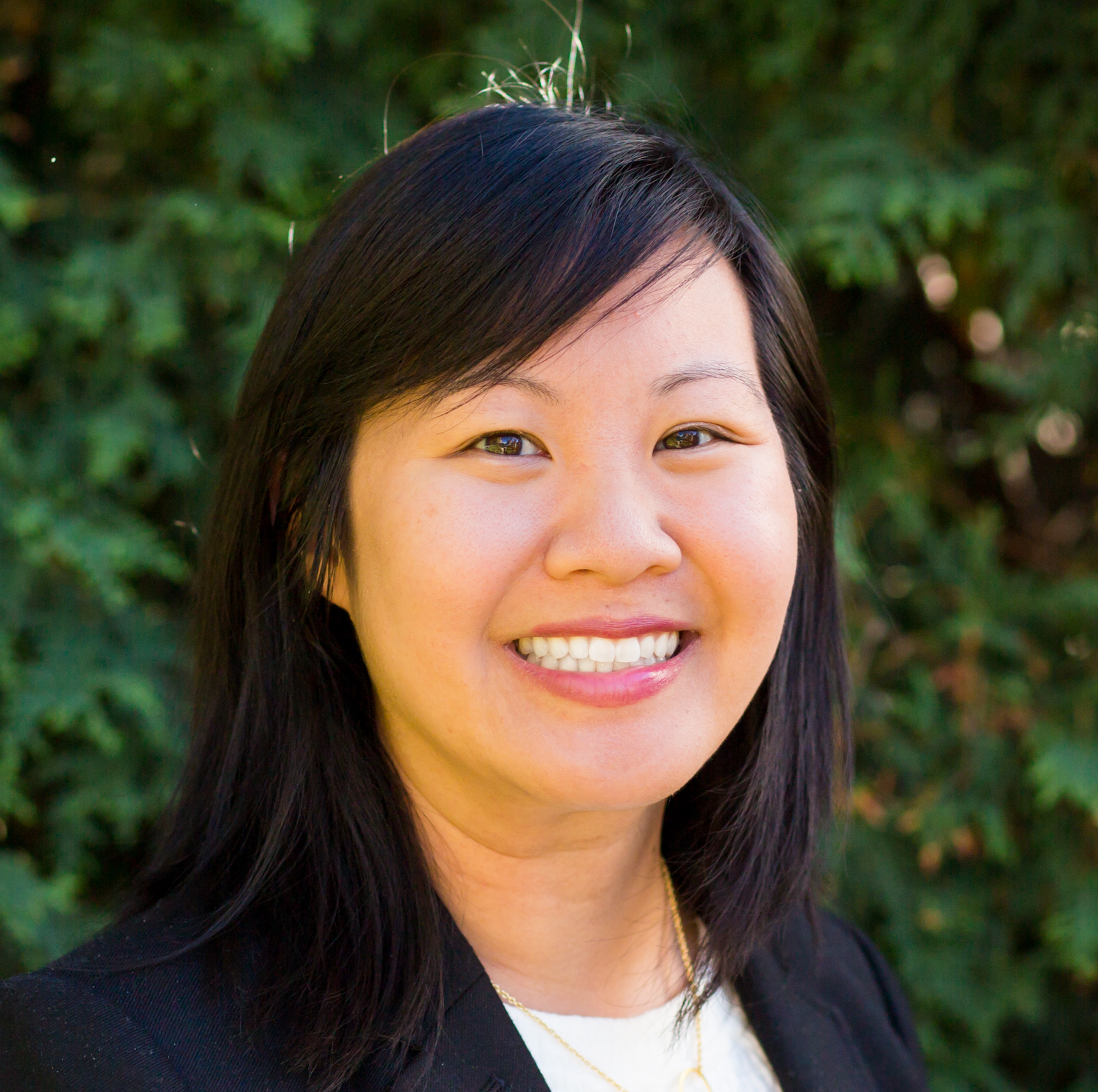
Kelley Lou
Kelley Lou is the Training and Capacity Building Manager at National CAPACD. Her work for the past decade has been committed to empowerment and community building for Asian American Pacific Islander (AAPI) communities. She has facilitated and trained individuals and community-based organizations across the country to build their advocacy and leadership skills. She is also passionate about working closely with faith communities on social justice issues.
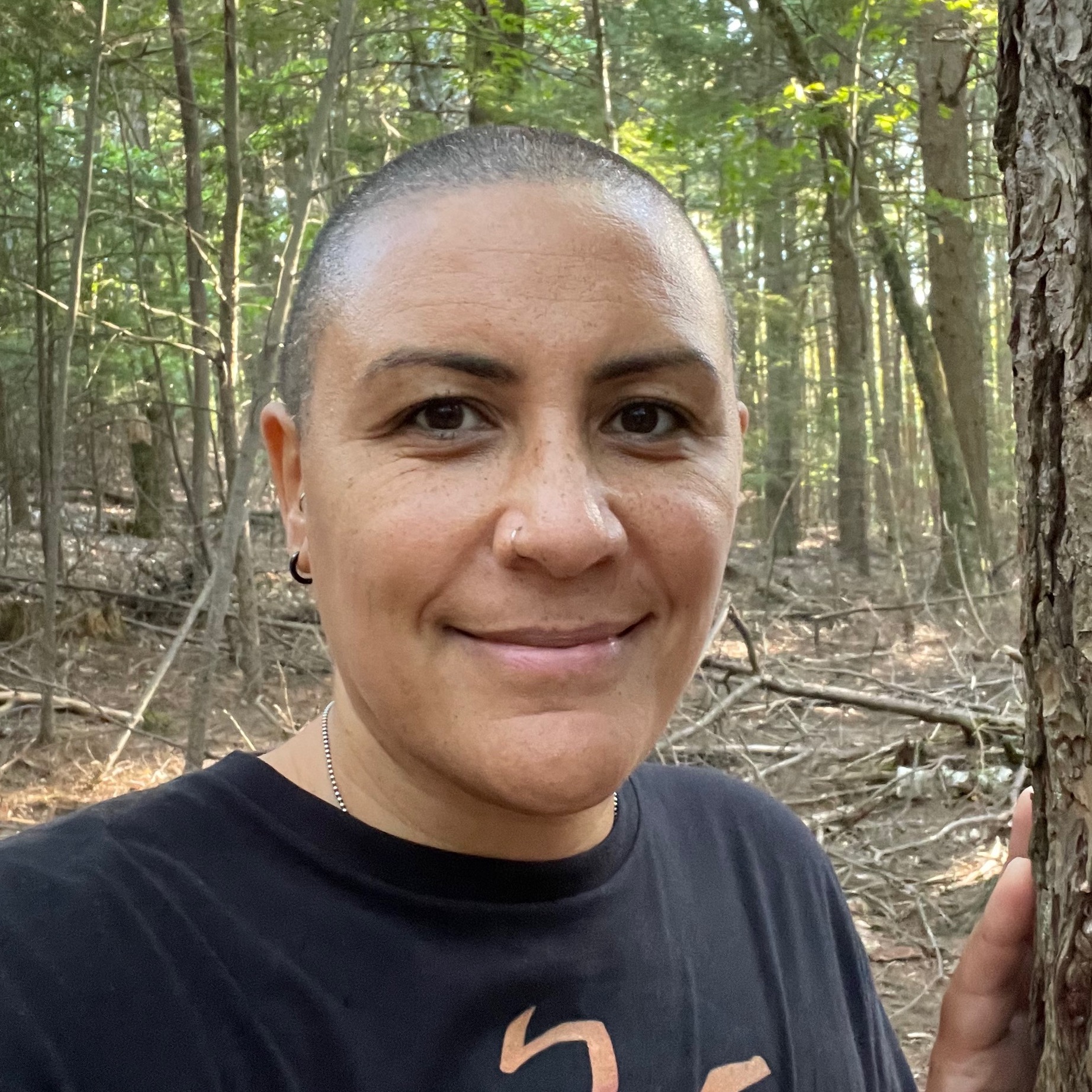
Hilary North
Hilary North-Ellasante (they/them) takes a “heart-first” stance in supporting social change work. Formerly the Director of Diversity and Equity Initiatives at The Calhoun School, they now work and live as an independent consultant and facilitator on ancestral Wabanaki land in Lewiston, ME. Their training comes out of an alchemy of both lived and formal learning experiences, all of which have involved developing skills to survive mainstream systems from within a matrix of marginal identities. Their work is rooted in both an awareness that systemic oppression impacts all aspects of life, and a commitment to Liberation for all people.
Contact Us
Have a question or inquiry? We’d love to hear from you.
Contact us at info[at]trainingforchange[dot]org
